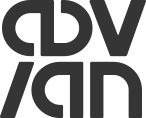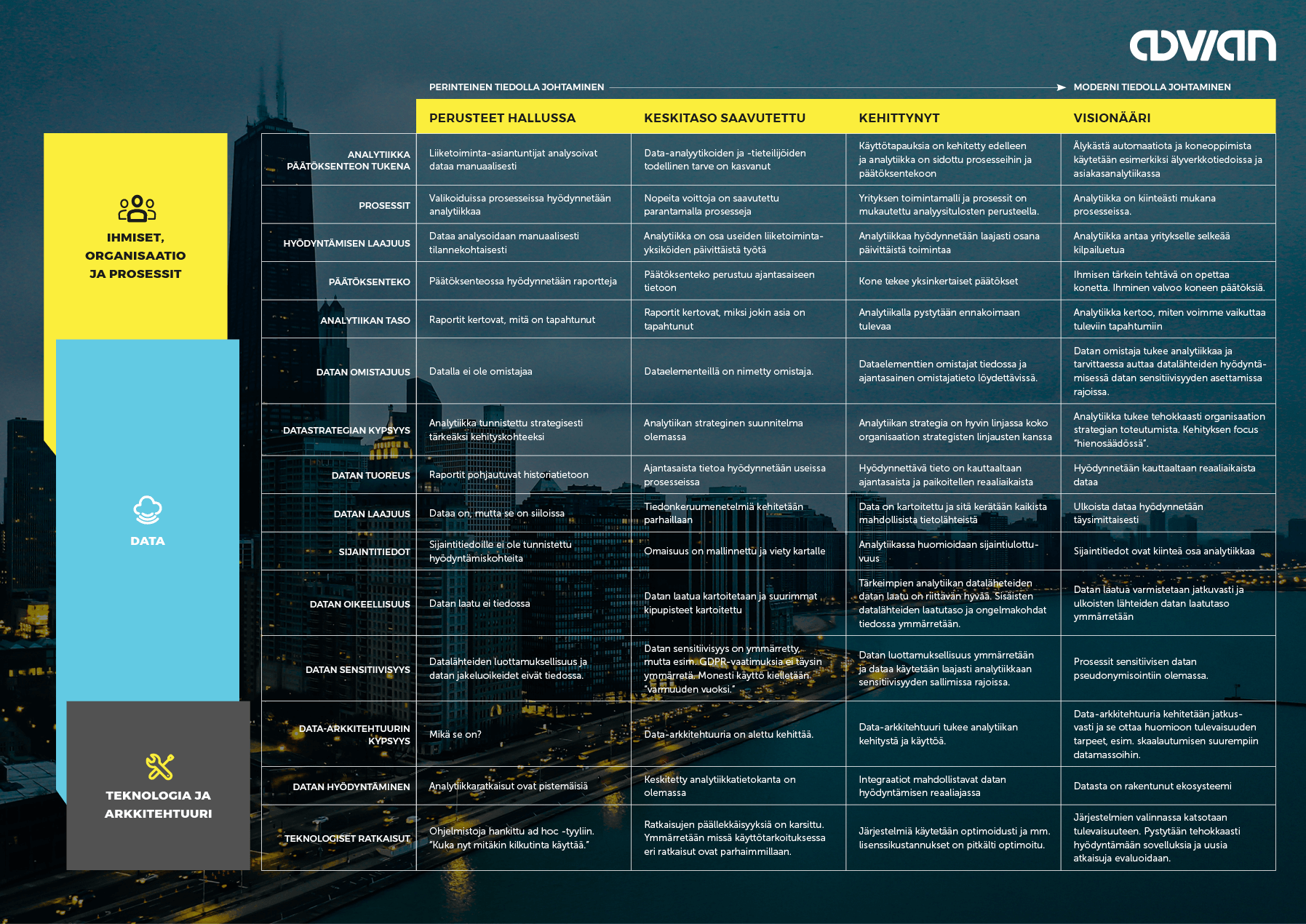Technical debt is a term familiar to many. It refers to expiring ICT solutions becoming outdated due to the postponement of the necessary reforms and poor development. Even worse is human debt. It is hardly talked about, but many consulting companies suffer from it.
Human debt begins to accumulate in companies when insufficient investments are made in the overall well-being of employees, competence development and people-centered management. The personnel is often seen as the greatest resource of an organization, but not treated accordingly. The staff is not involved in the development of the company, they are not asked for opinions and they do not really have the opportunity to influence their work. They may be heard, but not listened to. There is a big difference.
Each of us has encountered a supervisor, in whose leading skills the company is not investing in. The supervisor doesn’t have enough time for his/her team because most of his/her time is dedicated to work with the client. The key indicators and bonuses are only euros. The more euros your team generates in the company, the bigger the bonuses you get. If the investment made in supervisors isn’t sufficient, what happens to the people they lead and support? Can any company say that employees are their most important asset if not enough is invested in management? Today, this problem can be avoided by telling the organization to be self-organized. Leading less, giving more responsibility and freedom to experts. Supervisors are made into experts and assumed that the problem is solved. Lead yourself with quality and don’t complain. We are a modern self-organized organization and the responsibility lies within you!
Human debt starts to grow from the moment when not enough is invested in the overall well-being of the staff, skill development, and people management.
The motive of many companies to move to a self-organized organization, where individuals are self-driven, is wrong. Self-organization is seen as an opportunity to get rid of the middle managers and supervisors and to make operations more efficient. Multiple hats are put on the employees. You are a salesperson, manager, expert, mentor, account manager and marketer. The list could go on. After all, doesn’t everyone want to lead their own working life and gain more power in their own daily life? Thanks to the new responsibilities, not single additional cent is paid, and positive results are hoped for immediately.
If the organization is no longer run from the top, but more collectively in a self-organized way, should the salary structure of the organization also be changed? How many senior executives are willing to reduce their salaries in a self-organized organization? Self-organization is not just about giving up old leadership. It requires a major change in the organization’s management system. Self-organized organizations need strong human leaders who are able to act as mentors, coaches, directors, and empathetic beings. Leading people is not easy, and no leader is ever ready.
Has the generational gap grown too much in the field of leadership? Would it be time to reform the top management to reduce human debt?
People-centric management will be a prerequisite for the success of an organization. Today, it is seen as a competitive advantage, but we are living in a transition. The involvement of personnel, our most important asset, in future planning and in management and organizational problem solving will increase. It will be a key ingredient in the recipe of a successful organization. Whether the organization is large or small, a start-up or an experienced veteran in the industry, it should invest in its employees and listen to them. Small businesses in particular should also invest in recruitment, marketing, employer image, well-being of management and in their staff in general. Especially if the goal is to grow, to provide customers with first-class service, to attract new experts and to take care of existing ones.
A new company should plant the seeds of people-centric management early so that the right kind of culture grows. Self-organization, well-being of the management and staff involvement can’t just be trendy terms, but things that are constantly evolving. Every employee is important, and their individual voices must be heard. It is not enough that “the doors are open”, the management must actively seek to discuss with the staff. I believe that only by investing in the staff in the way that they deserve, can a first-class customer experience be produced. At least we at Advian don’t want to take on human debt but invest in our employees to gain an unfair competitive advantage with our human capital.
Topics: People, Leadership













